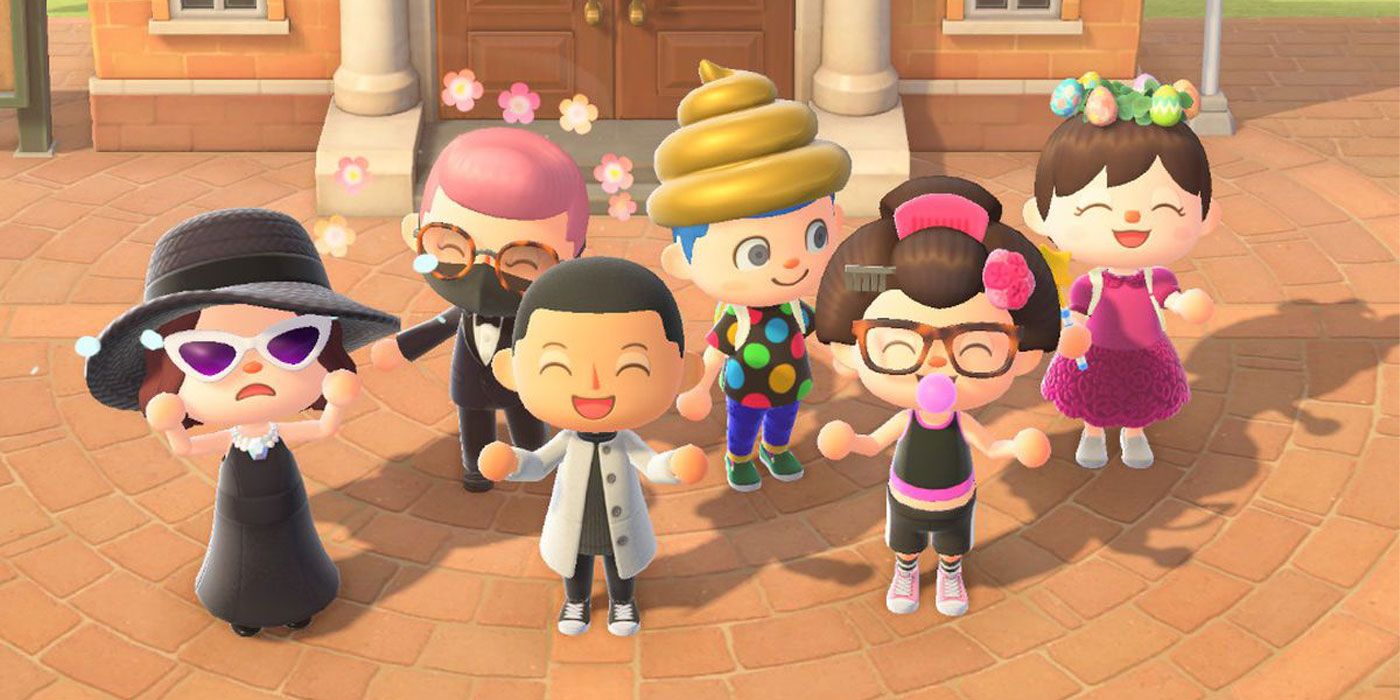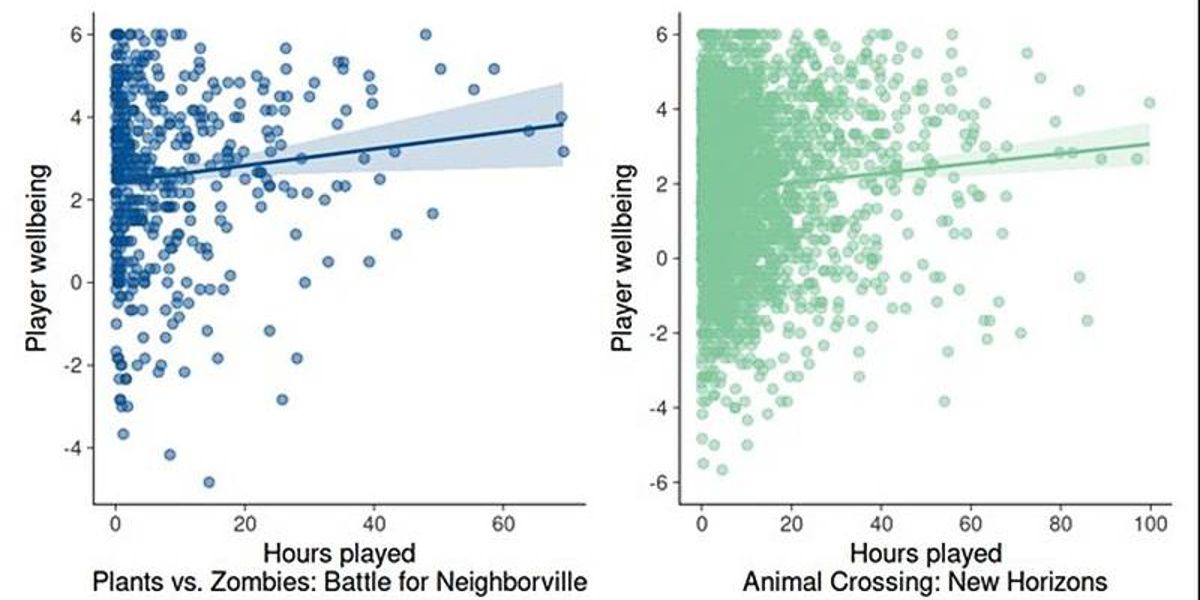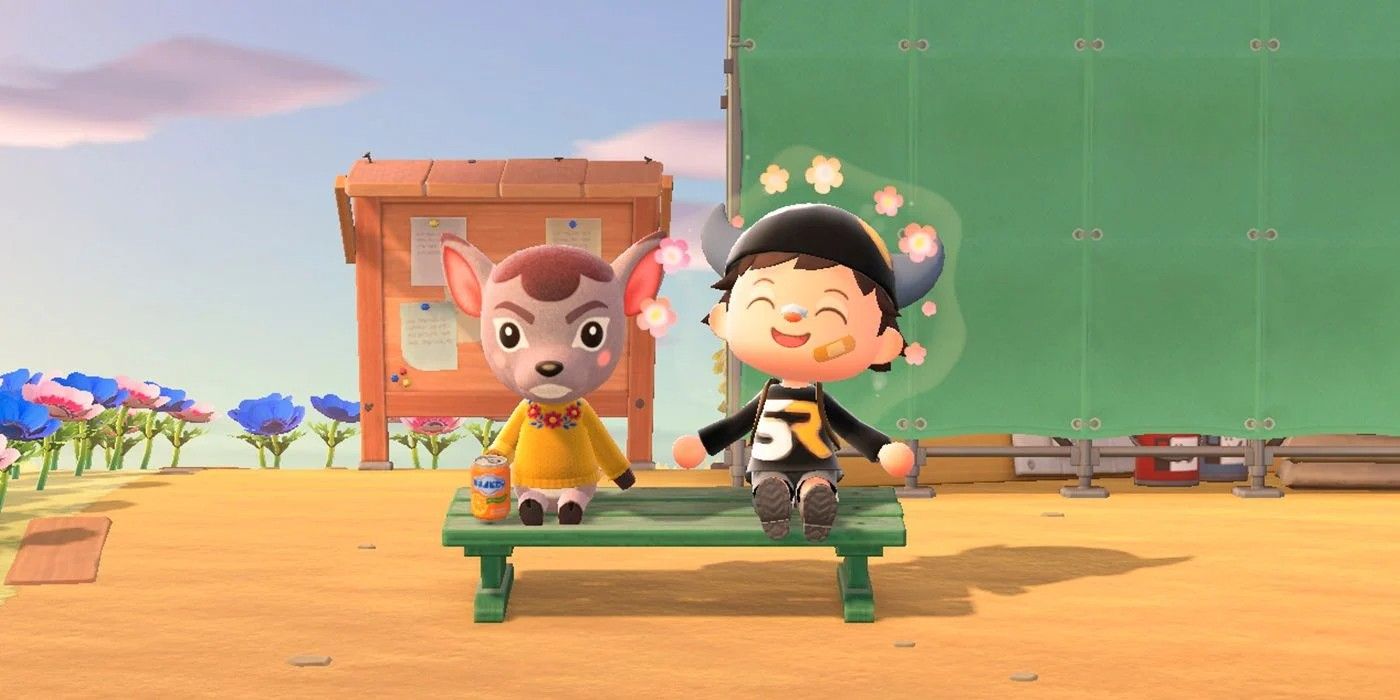For almost as long as video games have been around, some people have been worried that playing them will lead to poor physical and mental health. More recently, those fears have turned more acute. The WHO even created a gaming disorder classification for those who lack control over the gaming habits, prioritize gaming over other interests, and continue to game despite negative consequences. Parents and policymakers have long wondered what to do about video games, but a recent study might provide them with a surprising answer.
In a study undertaken by three researchers at the Oxford Internet Institute, part of the University of Oxford, data from two games -- Plants vs. Zombies: Battle for Neighborville and Animal Crossing: New Horizons -- was used to determine a relationship between a person's daily gaming time and their sense of happiness and well-being. Rather than relying on self-reported game time, as some other studies have in the past, this study used data delivered directly from Nintendo and EA, a positive step towards gaming companies doing more to support their player-base.
The study suggests that playing games for long periods of time is not objectively bad for a person's health, as other factors often contribute to gaming being a negative experience for some people. Furthermore, the lead author of the study, Professor Andrew Przybylski, said on page thirteen of the study that "play can be an activity that relates positively to people's mental health." This means that rather than games being objectively bad for people, as some would like to suggest, there is a positive correlation between playing games and having positive well-being for many people.
Another interesting finding of this study is that the actual time spent playing games was a positive factor towards people's well-being. This means that someone who played four hours of games a day often reported feeling happier than someone who had only played one hour. A person's subjective experiences during playtime were the more important factor towards how much happiness that person got out of the experience. The study suggested that games like Animal Crossing might create more happiness relative to other games due to its gameplay's social aspects.
There was still some caution towards playing games within the study, however. Where people's psychological needs were not being met in the real world, and gaming was used as a coping tool to try and escape responsibility and stress, negative correlations between gaming and happiness were reported. This is in line with the problem of gaming disorders mentioned above. People have become addicted to a certain form of experience -- much like alcoholism or drug abuse -- to try and redirect the problems in their lives. This portion of gamers is likely the very small extreme, so overall the study suggests that gaming is a positive thing for people.
What does this mean for the industry, then? It might mean that lawmakers and health policy officials take a kinder eye towards video games in general, and it might mean that parents lay off their children a bit more when telling them to go outside! Video games, like anything, can be both bad or good depending on how they are used. For people who love to fight and build and grow and explore in strange and exciting worlds, playing video games is a positive experience, one that is good for their health and their happiness, however long they might play.



